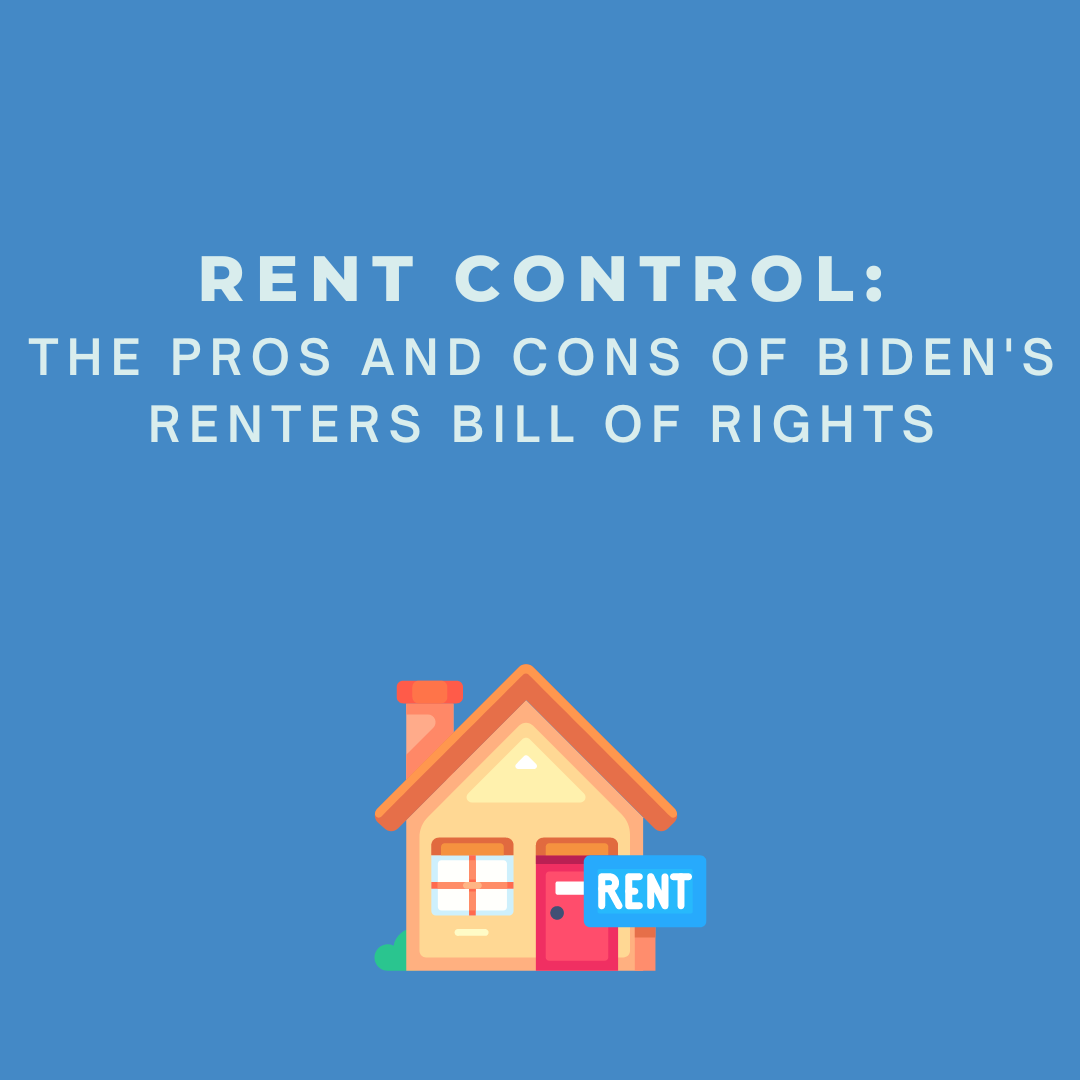Rent Control: The Pros and Cons of Biden's Renters Bill of Rights
The Biden-Harris administration has recently released a "Blueprint for a Renters Bill of Rights" in response to the housing affordability crisis.

The blueprint outlines tenant protections such as safe, accessible, and affordable housing, clear leases, and eviction prevention. However, the question on everyone's mind is whether the actions taken by the administration will lead to nationwide rent control.
While rent control has been approved in some states as a solution to the housing crisis, the actions taken by the Biden-Harris administration have not yet established federal residential rent control, causing some lawmakers to say the solutions are insufficient. The long-term effects of rent control have been found to have negative impacts on housing affordability and can lead to reduced rental housing supply, increased market rents, and housing discrimination. A survey of economists from top institutions found that 81% disagree that rent control has had a positive impact on affordable housing.
The declining rents from October to November 2022, according to the Zillow Observed Rent Index, and the expected 565,200 new rental units in 2023 suggest that the rental market may be on its way to stabilizing. However, the average renter is still cost-burdened, and elevated rents are expected to persist year-over-year.
The crux of the issue is that government intervention in the economy can help certain groups in the short term but harm economic conditions in the long run for people overall. Rent control, as a stopgap solution, can be difficult to remove and may necessitate another solution in the future. The National Multifamily Housing Council suggests that direct subsidies to renters and builders may be a more effective solution.
In conclusion, while the Biden-Harris administration's actions and the "Renters Bill of Rights" offer a step in the right direction for tenant protections, the debate on whether rent control is the solution to the housing affordability crisis is ongoing.








